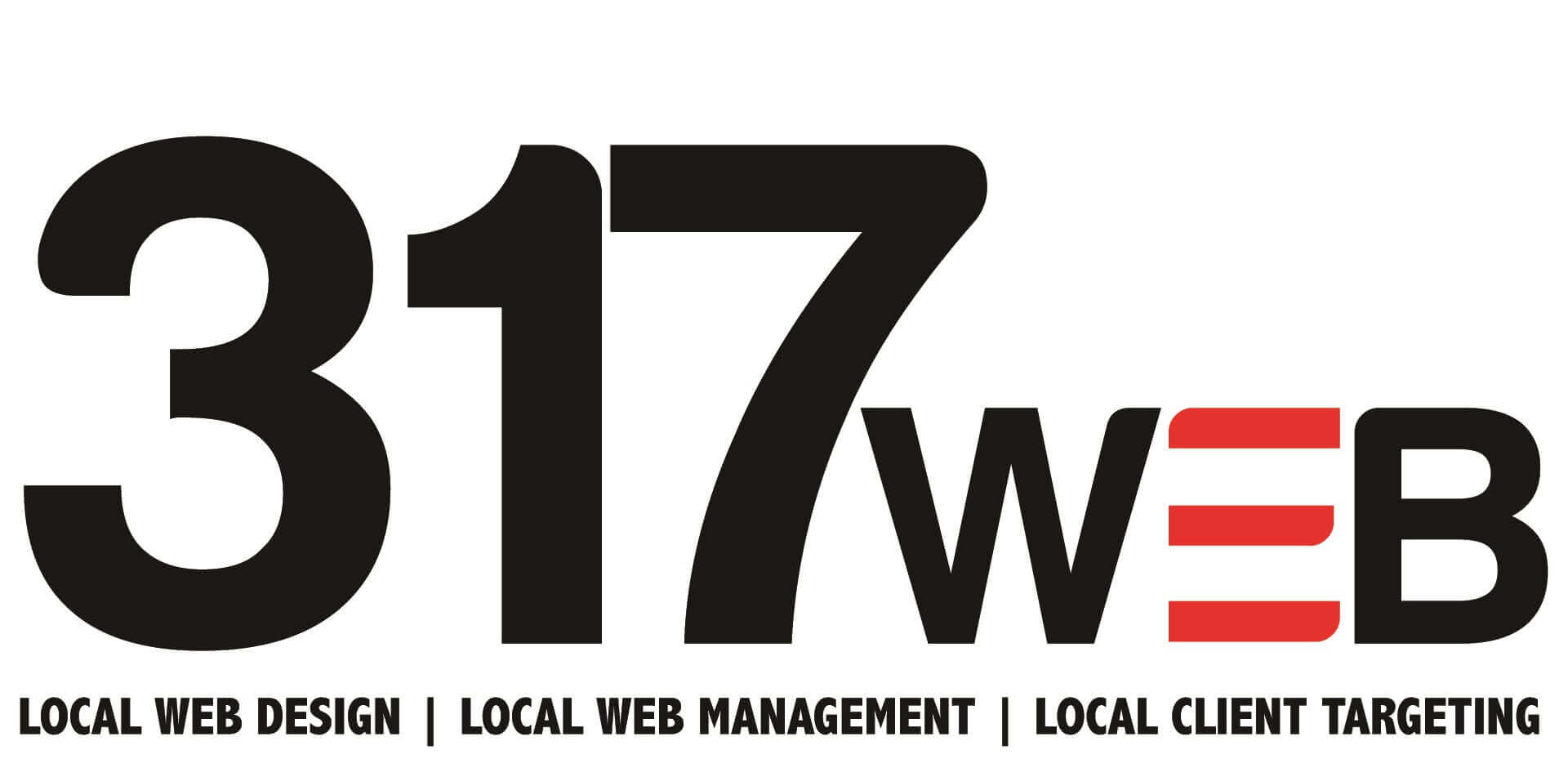
Negative SEO Removal Service
When faced with the damaging effects of negative SEO on your website, you may find yourself in need of a reliable solution. Negative SEO Removal Service offers a strategic approach to combatting malicious tactics, but what exactly does this service entail? Stay tuned to uncover the intricacies of negative SEO removal and how it can safeguard your online presence from harm.
Negative SEO Definition
Defining Negative SEO involves understanding malicious tactics used to manipulate a website’s search engine ranking through harmful links. Negative SEO is a sinister strategy employed by competitors to harm a website’s visibility and reputation online. It encompasses unethical practices like building toxic backlinks, duplicating content, posting negative reviews, and even resorting to hacking. The aim of negative SEO is to sabotage a rival’s search engine rankings and traffic, leading to severe repercussions such as penalties from search engines like Google due to the presence of unnatural or spammy links.
To protect your website from the detrimental effects of negative SEO, it is important to be vigilant in identifying and removing these harmful tactics. Implementing strategies to remove negative SEO attacks is essential for safeguarding your online presence and maintaining a strong SEO standing. Seeking professional assistance from a reputable NSEO removal service may be necessary to effectively eliminate toxic links and restore your website’s SEO health. By taking proactive measures to remove negative SEO, you can safeguard the longevity and credibility of your online business in the competitive digital landscape.
Risks of Negative SEO
Beware of the detrimental consequences that negative SEO poses to websites, as it can result in penalties and reduced search engine rankings. Negative SEO tactics, such as spammy backlinks, content duplication, and hacking, can severely impact your website’s online presence and credibility. Protecting your site from these risks is essential to maintaining its visibility and reputation. Consider the following risks associated with negative SEO:
Penalties — Search engines penalize websites for engaging in manipulative tactics.
Decreased Rankings — Negative SEO can lead to a significant drop in search engine rankings.
Reputation Damage — False information and negative reviews can harm your brand’s reputation.
Traffic Loss — Organic traffic can decrease due to negative SEO attacks.
Recovery Challenges — Recovering from negative SEO can be very time-consuming and challenging.
Partner with 317WEB’s Negative SEO Removal Services to protect your website from malicious tactics and ensure a strong online presence. Let us safeguard your website’s reputation and SEO health in the face of negative SEO challenges.
Negative Link Removal by 317WEB
Negative SEO Impact
Negative SEO’s detrimental impact on websites can result in penalties, diminished search engine rankings, and significant challenges in recovery. The negative SEO impact can harm your site reputation, leading to a decrease in organic traffic and damaging your company’s credibility. Successful attacks may even result in your website being dropped from search engine indexes. To combat this, it’s essential to implement effective recovery strategies. By monitoring backlink profiles and protecting valuable links, you can safeguard your site against negative SEO attacks. Utilizing tools like Google’s disavow tool can help address harmful links and inform search engines of the malicious tactics employed against your site. Recovery from negative SEO attacks is possible with proactive measures such as reversing any hacking changes, enhancing site security, and continuously monitoring backlinks for any suspicious activity. By staying vigilant and taking swift action, you can mitigate the impact of negative SEO and protect your website’s online presence.
Negative SEO Tactics
To protect your website from malicious attempts aimed at harming its search engine rankings, understanding and recognizing common negative SEO tactics is essential. Negative SEO tactics encompass a variety of harmful strategies, such as spamming with low-quality backlinks, link farming, URL redirects, adult anchored links, hidden links, and duplicate content attacks. Competitors may resort to negative review attacks and website hacking/malware attacks to de-rank a website deliberately.
One prevalent negative SEO tactic is inserting links on competitors’ sites, a complex yet frequently utilized method to damage their search engine rankings. Monitoring your backlink profiles is important in identifying any suspicious or harmful links that could be negatively impacting your website’s SEO performance. By utilizing tools like Google’s disavow tool, you can actively disavow spam links, thereby safeguarding your website from potential negative SEO attacks.
Understanding these negative SEO tactics and actively managing your backlink profiles while utilizing the disavow tool can greatly enhance your website’s resilience against malicious attempts to harm its search engine rankings. Stay vigilant, regularly review your backlinks, and take swift action to disavow any harmful links to protect your website’s online presence.
Negative SEO Prevention
Regularly monitoring your website’s backlink profiles can be an important step in safeguarding against potential negative SEO attacks. It is vital to stay vigilant and take proactive measures to protect your online presence from harmful tactics. Consider the following strategies to prevent negative SEO and maintain the integrity of your website:
1. **Utilize Google’s Disavow Tool:** By regularly examining your backlink profile and disavowing any suspicious or harmful links, you can prevent negative SEO impact and aid in the recovery process if needed.
2. **Implement Robust Website Security Measures:** Protect your website from hacking and malware attacks, which are often utilized as part of negative SEO tactics. Strengthening your website’s security can help mitigate potential risks.
3. **Quick Indexing and Content Monitoring:** Ensure speedy indexing of new content URLs and actively monitor for any instances of content duplication. This proactive approach safeguards your website’s originality and helps prevent content scraping attempts.